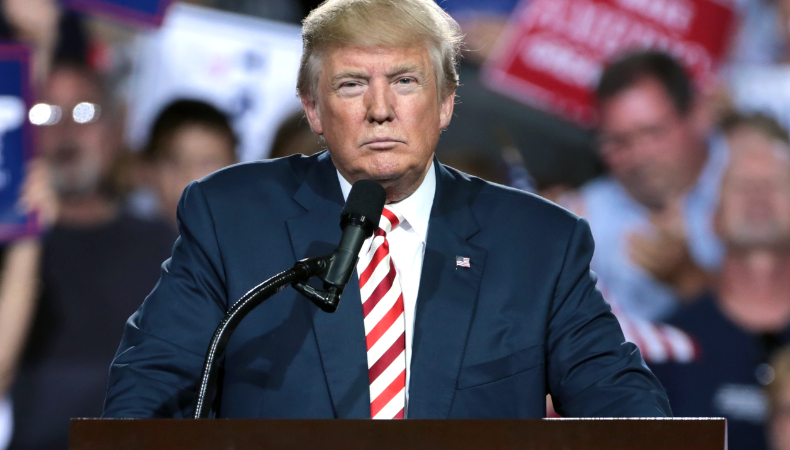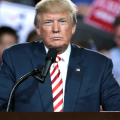A Trump Return: Potential Shifts in US Middle East Policy

The possibility of Donald Trump returning to the White House looms big as the 2024 US presidential contest gets to its culmination, casting major concerns about the direction of American foreign policy in the Middle East. Now that Vice President Kamala Harris is leading the Democratic ticket after President Biden’s unannounced departure, the area is keenly observing and considering the likely effects of a second Trump administration.
Revival of America First: An Isolationist Turn?
Experts predict that a Trump government may bring back his trademark America First foreign policy, marked by a clear turn toward isolationism. This strategy gives home concerns top priority and usually results in less foreign involvement, which could have significant impact on US-Middle East relations. Under his transactional approach to diplomacy, Trump concentrated on closing deals that directly advanced American interests, occasionally at the expense of more general regional stability.
Abraham Accords’ expansion: a fresh diplomacy?
The Abraham Accords, the agreements on normalizing Israel with many Arab countries brokered during Trump’s first term, are one obvious feature of his foreign policy that might see development. Considered as a major success, these accords helped to build fresh diplomatic and commercial ties throughout the area. Trump’s second term might see more efforts to extend these arrangements, maybe engaging more nations or strengthening already existing alliances. Such a shift could change regional alliances and economic environments, so influencing Middle Eastern geopolitics and maybe generating fresh dynamics.
Keep On Reading
Concerning Economic Relationships and Regional Stability
The influence of a possible Trump presidency on regional stability may be really significant. Previous policies of his government, which frequently underlined strategic objectives and unilateral measures, could cause US priorities in the Middle East to realign. This might impact long-standing disputes such those involving Iran and Syria as well as change America’s involvement in efforts at peacekeeping and conflict resolution.
Furthermore open to change are the economic ties between the US and Middle Eastern nations. Trump’s transactional style might produce updated trade deals, changes in energy policy, and fresh economic alliances. The focus on home economic interests can cause changes in US interaction with its regional allies and partners.
Final Thought: a Turning Point for Middle Eastern Policy
The possibility of Donald Trump returning to the White House adds uncertainty and expectation about future US-Middle East relations as the US presidential contest is ready to finish. The resurgence of an America First strategy together with possible Abraham Accord expansion might cause major shifts in regional geopolitics. For the Middle East, this marks a turning point with possible consequences for stability, economic ties, and the end of long-standing disputes. The area stays alert as the result of the election approaches, ready for prospective changes in American foreign policy that could define its future.







